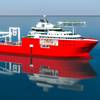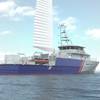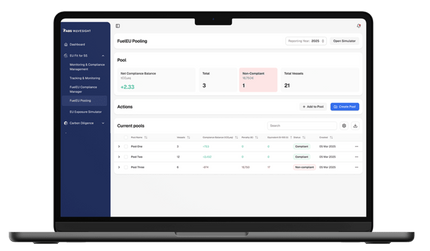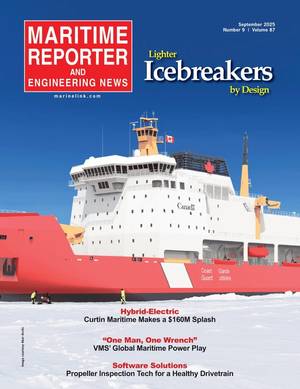EU Adopts Marine Fuel Directive
Environment Commissioner Stavros Dimas said: “I am very pleased with today’s agreement – it means EU policy on clean shipping has really got the wind behind it. The new limits in the Directive will dramatically reduce ship emissions in the EU, and are targeted to deliver the greatest possible benefits, in particular around populated ports and coasts and in acid-sensitive ecosystems."
He continued: “But I do believe that EU countries can and must do more to build on today’s success. We really need to work globally to reduce pollution from international shipping – but 17 EU countries have still not ratified the 1997 International Maritime Organization (IMO) Convention on Air Pollution.”
Marine fuel currently contains on average 2.7%, or 27,000 parts per million (ppm), of sulphur, compared with petrol for cars, which will have 10 ppm sulphur content from 2007. As part of its ship emissions strategy[1], the Commission presented in November 2002 a proposal to reduce the sulphur content of marine fuels. The main provisions finalised today are:
a 1.5% sulphur limit for fuels used by all ships in the Baltic Sea, from 19 May 2006, and the North Sea & Channel, from autumn 2007[2];
the same 1.5% sulphur limit for fuels used by passenger vessels on regular services between EU ports, from 19 May 2006;
a 0.1 % sulphur limit on fuel used by inland vessels and by seagoing ships at berth in EU ports, from 1 January 2010. The limits remain the same as in last year’s Council Common Position. But the Parliament has negotiated a stronger review in 2008, requiring the Commission to consider a second-phase limit of 0.5%, depending on progress at IMO.
The Parliament has also tightened requirements on the availability of low-sulphur fuel and the use of abatement technology, and introduced an incentive for ships in port to plug in to clean shore-side electricity.
The new measures will have significant human health benefits. They will reduce the incidence of asthma, bronchitis and heart failure, and lead to at least 2,000 fewer life years lost every year in the EU year through long-term exposure, 750 fewer deaths from short-term exposure, and 300 fewer hospital admissions for respiratory illness.
The proposal will also help reduce acidification, which continues to destroy forests and lakes in northern Europe where sulphur deposition causes harmful leaching of acidity.
















